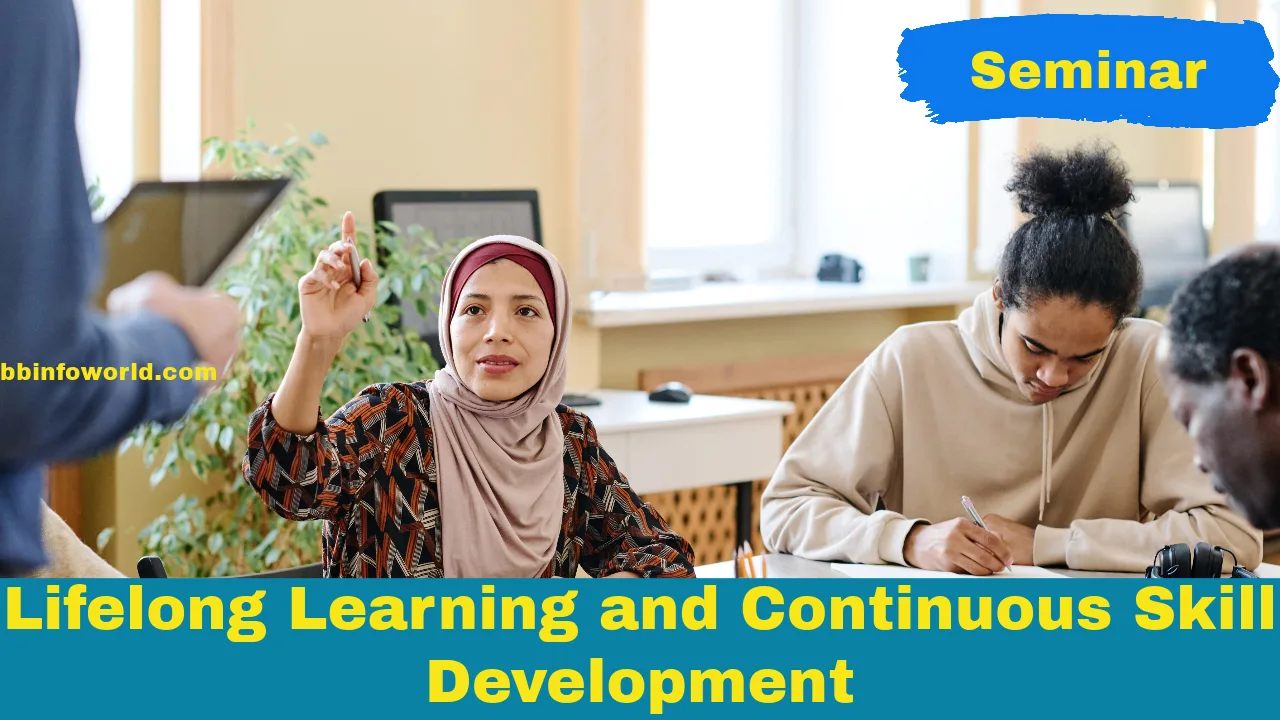
Lifelong Learning and Continuous Skill Development
Embrace the concept of lifelong learning, and discover how to continuously acquire new skills and adapt to a rapidly changing job market.
Lifelong Learning and Continuous Skill Development:
In today’s rapidly evolving world, the concept of lifelong learning has become more important than ever. Lifelong learning refers to the practice of continuously seeking out new knowledge, skills, and experiences throughout one’s life, regardless of age or stage of career. This proactive approach to learning enables individuals to stay relevant, adapt to changes, and thrive in a dynamic and competitive job market.
Why Lifelong Learning Matters:
- Adaptation to Change: Industries and technologies are constantly evolving. Lifelong learning helps individuals stay ahead by learning about emerging trends and adapting their skill sets accordingly.
- Career Growth: Acquiring new skills and knowledge enhances career prospects, increases employability, and opens doors to new job opportunities.
- Personal Enrichment: Lifelong learning isn’t just about professional development; it also enriches personal experiences, broadens horizons, and fosters intellectual curiosity.
- Resilience: Learning new skills boosts self-confidence and resilience, empowering individuals to tackle challenges and setbacks with a growth mindset.
Continuous Skill Development:
Continuous skill development is a crucial aspect of lifelong learning. It involves identifying the skills that are in demand within your field and taking deliberate steps to acquire and refine them over time. Here’s how to approach it:
- Self-Assessment: Reflect on your current skills and identify areas that need improvement or new skills that could enhance your career trajectory.
- Set Goals: Define clear, achievable learning goals. These could be mastering a programming language, improving leadership skills, or learning about digital marketing.
- Learning Opportunities: Seek out various learning opportunities such as online courses, workshops, webinars, seminars, books, and networking events.
- Structured Learning Plans: Create a plan that outlines the skills you want to develop and how you’ll achieve them. Allocate time regularly for learning.
- Practice and Application: Apply newly acquired skills in practical projects or real-life scenarios to solidify your understanding and gain hands-on experience.
- Feedback and Reflection: Seek feedback from mentors or peers and reflect on your learning journey to assess your progress and make improvements.
- Stay Updated: Stay informed about industry trends and changes to ensure your skill set remains relevant.
Adapting to a Changing Job Market:
The job market is no longer static; it’s in a constant state of flux. Automation, technological advancements, and economic shifts impact the demand for specific skills. Lifelong learning equips individuals with the agility to adapt to these changes:
- Future-Proofing: By staying up-to-date with industry trends, individuals can pivot their skills to align with emerging job roles.
- Transferable Skills: Soft skills like communication, critical thinking, and problem-solving are invaluable across various domains and remain relevant over time.
- Networking: Engaging with professionals in your field can provide insights into market shifts and help you understand the skills in demand.
Conclusion:
Lifelong learning and continuous skill development are integral for personal and professional growth. Embracing these practices enables individuals to remain relevant, competitive, and adaptable in a world characterized by constant change. Whether you’re a student, a mid-career professional, or approaching retirement, the commitment to lifelong learning empowers you to shape your own trajectory and embrace new opportunities.



